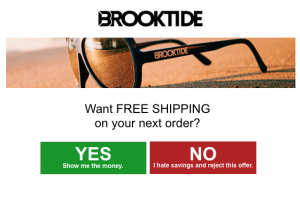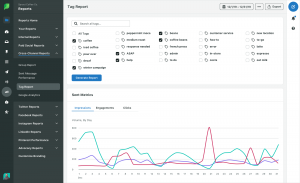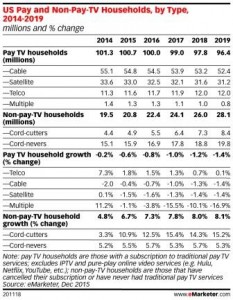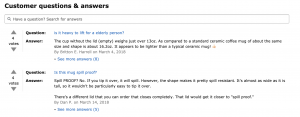July 12, 2016

One of the more heavily discussed items at Facebook’s recent F8 conference was Facebook’s news feed. It appears that more publishers are taking to Facebook to share their stories and get more eyeballs. Of course, this provides both benefits as well as drawbacks to the local publisher.
A very good general overview of the Facebook News Feed shows us that Facebook believes there is way too much content for their users to consume in a typical day, so they need to provide the “best” information. For example, Chris Cox from Facebook said last year:
“If you could rate everything that happened on Earth today that was published anywhere by any of your friends, any of your family, any news source, and then pick the 10 that were the most meaningful to know today, that would be a really cool service for us to build. That is really what we aspire to have News Feed become.”
This makes total sense. Facebook wants to deliver the best possible experience to their users. Because that is Facebook’s customer (and the reason they can charge such premiums for boosted and sponsored posts). Always keep that in mind – their #1 constituent is their users, not the publishers. And Facebook determines what content is best delivered to their users, not the publisher.
At least one publisher doesn’t think Facebook is being fair. Justin Smith from Bloomberg Media believes that Facebook users are consuming more editorial content than personally shared content, and that Facebook is getting rich off of publishers hard work. Ironically, he goes on to state that Bloomberg Media is doing just fine because their target audience doesn’t usually consume content on Facebook and they are able to sell “value added” information to their clients based on their market focus.
Isn’t that the point? If a publisher has nothing of value other than the content they write, if they don’t own their own audience and must “rent” it from someplace else, do they really get to dictate how that other platform presents or monetizes their content? The fundamental conflict here is that both the publisher and Facebook are targeting the same audience – readers. Publishers and Facebook suffer from coopetition – they compete and cooperate at the same time. And because Facebook is much bigger, they get to set the terms. That’s market dynamics, it’s always worked this way. Not much to complain about really.
So, the main point is that Publishers have very little control over how their posts are seen on Facebook. Does that mean they shouldn’t post on Facebook? Not at all. Post away, and perhaps even follow the tricks and tips in the initial referenced article that explains how Facebook values that content and how you can best expose your content to rank higher.
At the same time, you must have something of your own that is valuable in its own right. It can’t just be the content. Usually, that is data, or access to information that nobody else can easily get. Make sure you own something of your own that Facebook doesn’t have. That way, when a reader does find your content on Facebook and comes over to your site, you give them a reason to stay. If all they do is read that one story and leave, you don’t own anything.
We have said repeatedly that hyperlocal digital publishers have access to information in their community that nobody else has in a central place. Their value is in collecting and making available this information to the residents of that community and, just as importantly and valuable, visitors to the community. Focus less on why your posts are being seen on Facebook, and more on who are seeing your posts on your own site, and what else they are looking for once they get there.
(76)






